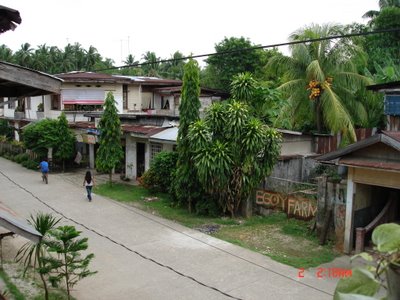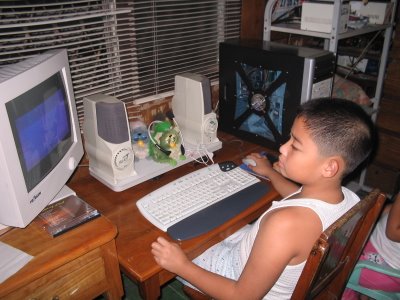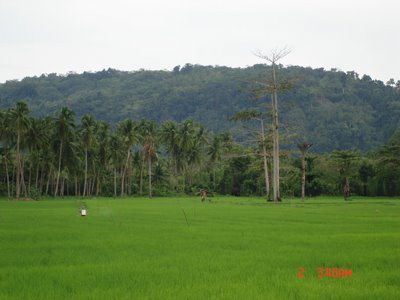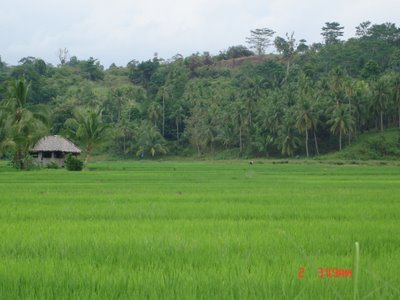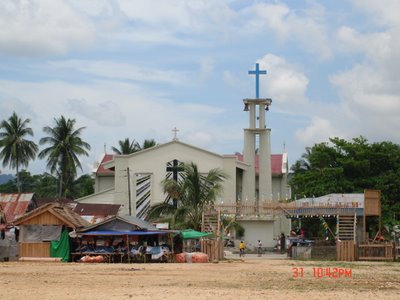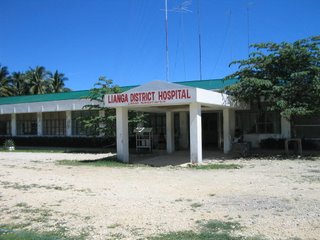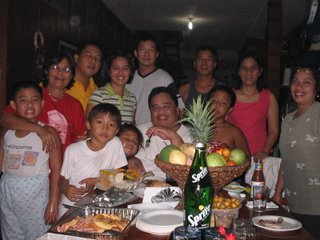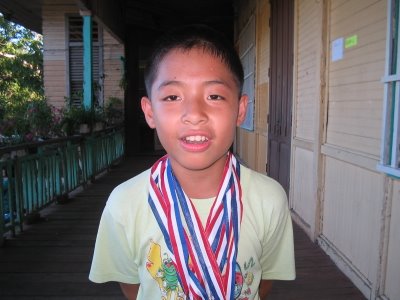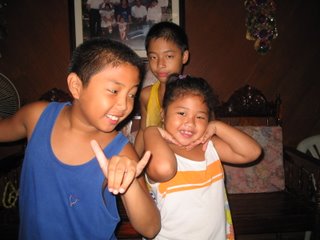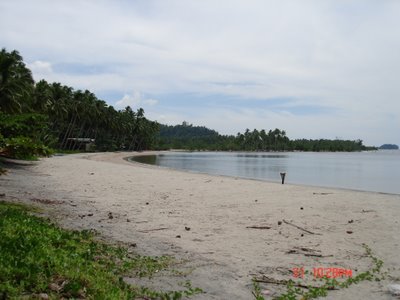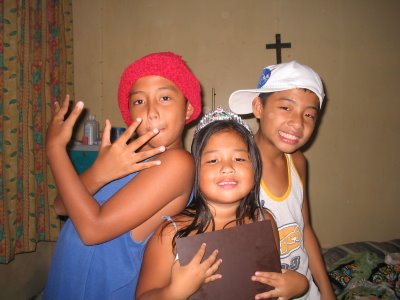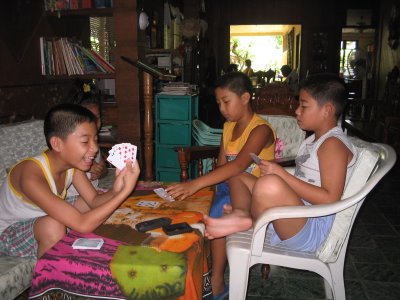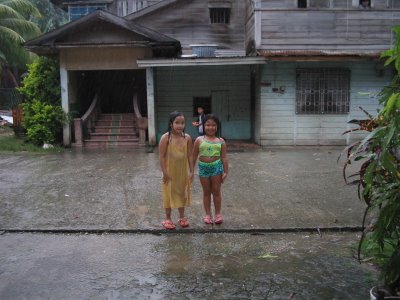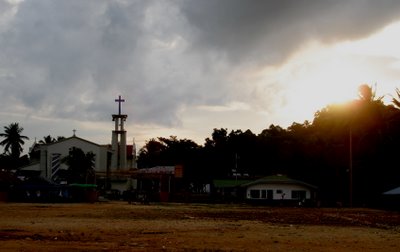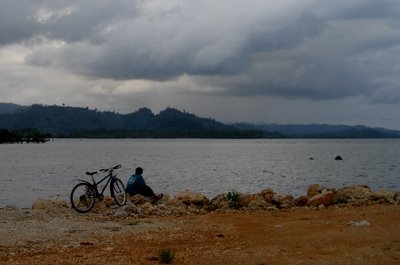 As Typhoon "Milenyo"” (international name: Xangsane) battered Luzon, Lianga sweltered through hot and humid days. It seemed like storm had sucked all of the heat and humidity over the Pacific Ocean and dumped it all over our part of the country while it wrecked its destruction up north.
As Typhoon "Milenyo"” (international name: Xangsane) battered Luzon, Lianga sweltered through hot and humid days. It seemed like storm had sucked all of the heat and humidity over the Pacific Ocean and dumped it all over our part of the country while it wrecked its destruction up north.The scenes of flooding and general devastation in the areas hit by the storm shown on national TV were appalling. But for us here, they highlighted one single fact: the area around where Lianga is located has relatively been spared by any form of really violent weather disturbances for more than at least a decade now and for this the local people have a lot to be thankful for.
Old timers here tell us that decades ago, tropical storms used to make regular and periodic visits to our area particularly during the latter part of every year but it seems that the weather patterns have changed over time and the storm track has moved up farther north. I am no weatherman but in the ten years or so I have been in Lianga, I could remember only of one occasion where a typhoon did pass by near Lianga and did some damage to the local infrastructure but certainly, in no way, on the same scale as the devastation Milenyo left behind.Call it luck or merely the consquences of climate change but we have been spared this time the unfortunate fate of our unlucky countrymen up in the north.
A typhoon like Milenyo hitting our part of Mindanao would probably cause a disaster of major proportions and because of the remoteness of our area, disaster response and aid from the government would be surely slow and greatly inadequate. Thousands will probably be killed or injured and the damage to infrastructure and agriculture will be catastrophic.
So as we here watch the pictures and videos of the storm damage in Manila and its surrounding areas, one thing is in our minds. Spare us the bad weather, please. Heat and high humidity? Bring it on!

